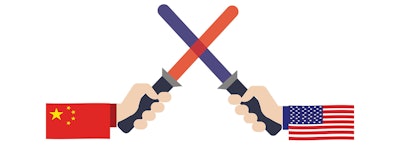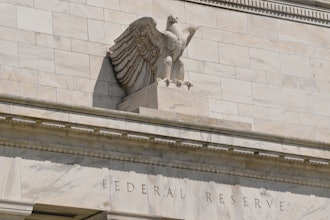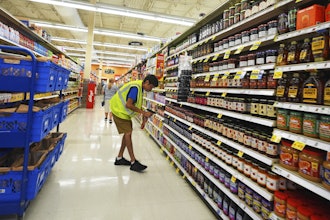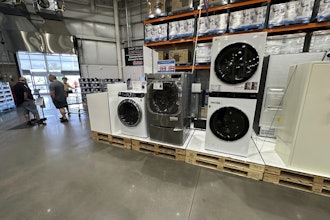
If changes in trade policy have been giving you and your team whiplash lately, you’re not alone. A lot has happened recently on the global stage, and there is a lot to sift through. We compiled some of the top concerns we hear from customers. Read this summary, and consider how you will manage potential disruptions to your supply chain as developments continue to unfold.
What you can do now
1. Identify risks
U.S. Customs and Border Protection (CBP) will be looking for misclassification and valuation issues, and you can expect increased oversight. Go to CBP’s website to read guidance on the Customs audit/survey, Centers of Excellence (CEE) for Base Metals, Customs valuation encyclopedia, tariff classification, Section 232 tariffs on aluminum and steel, and how to receive and respond to CBP forms 28 (request for information) and 29 (Notice of Action) in ACE.
2. Avoid potential delays in the import process
With the tariff changes, it may take more time for importers and customs brokers to process clearances. To avoid any unnecessary delays, U.S. exporters should ensure the accurate Harmonized Tariff Classification (HTS) codes are communicated to importers in China before shipment departure.
In the actual process to get goods entered to Customs, items involving 232 steel/aluminum should be considered a priority. To avoid delay, CBP has provided instructions in CSMS#18-000240 for entering goods into the U.S. In addition to this process, importers should review tariff classifications for parts that have steel and aluminum components to ensure accuracy.
Then, move on to reviewing classifications for Section 301 items. Tariff classification is the driver of all safeguard tariffs as well as partner government agency requirements. Ensuring that your products are classified properly according to the U.S. Harmonized Tariff Schedule will be key to understanding your potential exposure and fielding any inquiries from CBP.
Additionally, be sure to review your customs bond with your broker. If these tariffs impact any of your product, CBP may require an increase in bond amount, and the surety may require collateral as part of that required increase.
3. Strengthen potential delays in the import process
Keep your personnel trained in changes to regulations. At my company, C.H. Robinson, we provide full-day seminars to help you stay abreast of the latest information.
 Ben Bidwell, Director, Global Forwarding Customs at C.H. Robinson
Ben Bidwell, Director, Global Forwarding Customs at C.H. RobinsonThere is a lot of material here and much to digest. The above material is very specific, and you should always discuss with your customs broker, legal counsel, and/or CBP. This blog post is not meant to cover every aspect and provision of the above topics.
Find out more about our trade policy group or register for one of our customs seminars in a city near you. You can also sign up for our Client Advisories, and we’ll automatically notify you as future developments occur.
Ben Bidwell is the Director of Global Forwarding Customs at logistics provider C.H. Robinson






















